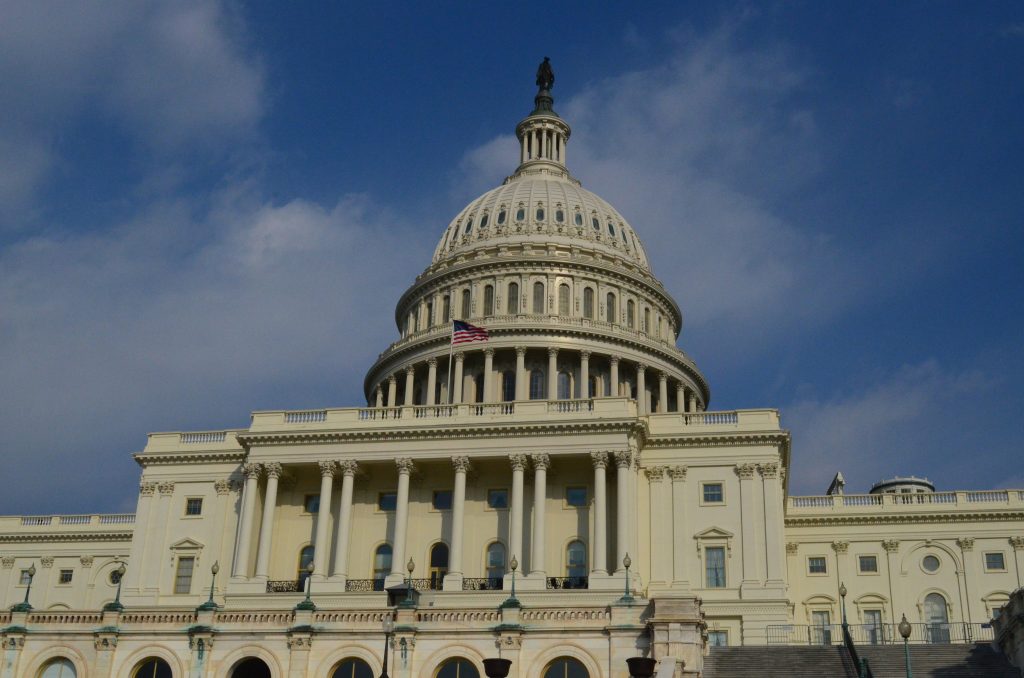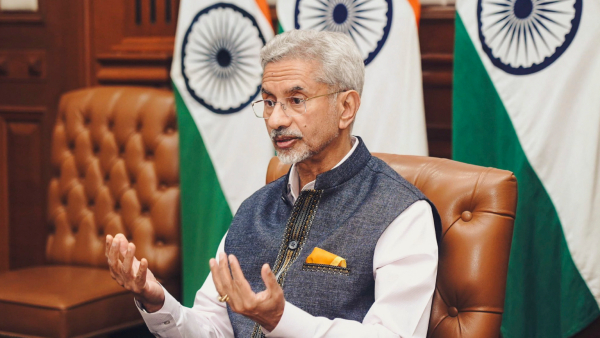The recent Indian Consulate attack in San Francisco has once again highlighted the vulnerabilities diplomatic missions face worldwide. External Affairs Minister (EAM) S. Jaishankar’s strong response underscores India’s demand for accountability from the United States to ensure the security of its consulates and embassies.
Table of Contents
The Incident: A Breach of International Norms
The attack on the Indian Consulate involved vandalism and attempted arson, which is a blatant violation of the Vienna Convention on Diplomatic Relations (1961). This treaty requires host nations to protect foreign embassies and consulates, making the incident a breach of international law.
Eyewitness reports suggest that the perpetrators were linked to separatist groups spreading anti-India sentiments. Similar incidents, such as the Indian High Commission attack in London earlier this year, reveal a troubling trend of violence against Indian diplomatic missions.
EAM S. Jaishankar’s Firm Stance
In his official statement, EAM S. Jaishankar referred to the Indian Consulate attack in San Francisco as a “serious matter” and called for concrete action from U.S. authorities. His remarks reflect India’s zero-tolerance policy towards attacks on its sovereignty. He emphasized that India expects the United States to hold the culprits accountable and implement robust security measures to prevent such incidents.
This demand for accountability resonates strongly with the broader public, especially in the wake of similar acts like the attack on the Chile Embassy in India that raised questions about diplomatic security in host nations.
The U.S. Response
The U.S. State Department condemned the attack and reaffirmed its commitment to protecting foreign missions. Local law enforcement has launched an investigation, but the incident raises questions about the adequacy of current security measures. While the U.S. has assured action, similar incidents, such as the Indian Embassy attack in Canada, indicate the need for heightened vigilance.

What Happens if an Embassy Is Attacked?
An attack on an embassy or consulate is considered a serious international offense. Under international law, host nations are obligated to safeguard the premises of foreign diplomatic missions. If an embassy is attacked, it can lead to:
- Diplomatic protests by the affected nation.
- Strained bilateral relations.
- A potential review of the security arrangements for other missions in the host country.
The Indian Consulate attack in San Francisco underscores the urgency for host nations to take their responsibilities seriously.
Broader Implications
- Impact on India-U.S. Relations: Incidents like these can strain otherwise strong diplomatic ties. India’s expectation of swift action from the U.S. is rooted in the trust and cooperation shared between the two nations.
- Growing Threat to Indian Diplomatic Missions: The rise in incidents such as the Indian High Commission attack in the UK or the vandalism of the consulate in Canada shows the influence of fringe separatist groups overseas.
- Strengthening Security Protocols: To prevent future attacks, host nations must revisit their diplomatic security protocols. Increased surveillance and advanced security measures should be a priority.
Strengthening Diplomatic Safeguards
The Indian government has been proactive in addressing security concerns for its diplomatic missions. However, host nations must also take responsibility to ensure the safety of embassies and consulates. It is crucial for countries to collaborate on intelligence-sharing and law enforcement to prevent such incidents.
Additionally, making Indian Consulate contact information readily available and increasing public awareness can help in reporting suspicious activities near embassies or consulates.
Conclusion
The Indian Consulate attack in San Francisco is a sobering reminder of the risks faced by diplomatic missions in a volatile geopolitical landscape. EAM S. Jaishankar’s demand for accountability reflects India’s firm stance on protecting its sovereignty and diplomats. Moving forward, it is imperative for host nations to ensure that such incidents are not repeated, safeguarding the integrity of international relations.
For more such interesting updates explore Swadesi!




